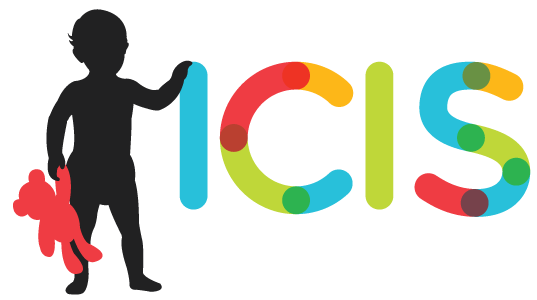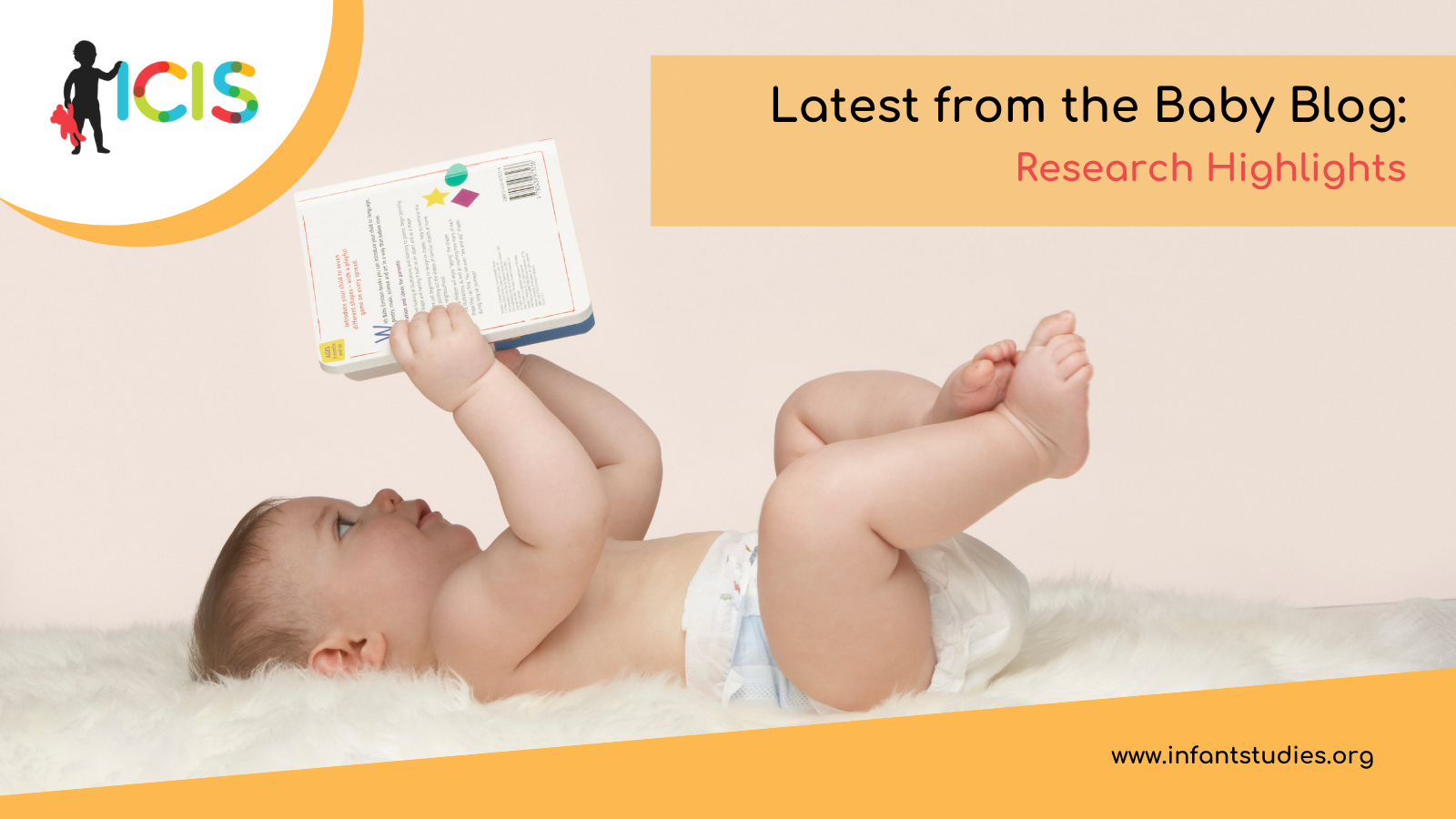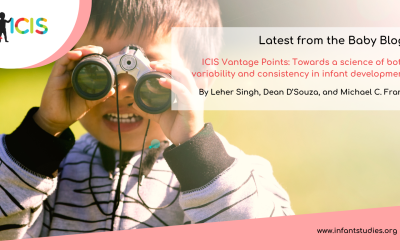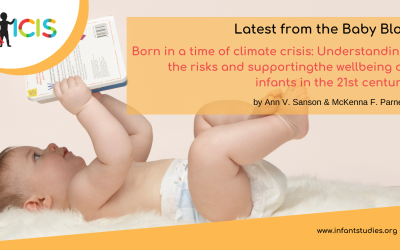by Tracey Estriplet-Adams
Being a mother can be both incredibly rewarding and highly demanding. It is a stressful job, and it often leaves mothers feeling overwhelmed and anxious. With such pressure comes the need to consider how the environment in which mothers raise their infants may influence their previous or developing mental health issues. Maternal mental health is a critical factor impacting the health and well-being of infants as they grow in the womb, in childhood, and beyond. Studies have identified a direct correlation between maternal mental health and optimal infant development, making it essential to prioritize maternal mental health to ensure the best possible outcome for infants (Phua et al., 2020).
From prenatal vitamins to childbirth preparation classes, mothers-to-be are inundated with various care options to optimize their baby’s health. However, only those with access to these resources have the opportunity to improve their developing child’s outcomes. During the perinatal period, external factors such as financial and social pressures can significantly impact mothers’ mental health. This stress also affects the infant’s social-emotional development, making it difficult for them to form healthy relationships with others in the future. Furthermore common mental health challenges mothers face-including sleep deprivation, exhaustion, and stress-are often overlooked aspects of perinatal care and motherhood. Approximately 1 in 5 women encounter mental health challenges during the perinatal period, including suicidal ideations, depression, anxiety, and acts of self-harm (Green, 2021). Although many care options may be available to those with access to resources, maternal mental health is often excluded from this equation, resulting in severe developmental risks for the infant that may have lifelong consequences. Identifying and addressing mental health issues before, during, and after pregnancy is crucial for infant well-being, now, in the future, and particularly in times of crisis.
The recent COVID-19 pandemic has impacted numerous aspects of our lives, disproportionately affecting underserved communities, specifically pregnant women and mothers. With the added stress of isolation, financial insecurity, and lack of social support, many mothers struggle to cope with their mental health. As a result, it is crucial to know how to best support these mothers and those they care for. Studies have suggested that more research needs to be conducted to understand the full impact of the COVID-19 pandemic on maternal mental health and subsequent infant health (Kerker et al., 2023). With this in mind, it is essential to recognize the importance of ongoing support for pregnant women and new mothers facing multiple challenges during this turbulent time, prioritizing maternal mental health equity and ensuring that infants receive the best possible start in life.
In the post-COVID-19 world, it is important to remember that an infant’s mental health is shaped by the quality of their relationship with their mother during the early stages of development, both in utero and after birth. The fundamental principles of infant mental health are based on the bond and attachment between infants, their primary caregivers, and their developing environment. However, infants in unfavorable environments with insecure attachments have a greater chance of vulnerable development. Having a suitable and supportive care environment and quality medical services can significantly alleviate the adverse effects of poor mental health for mothers. This includes access to adequate healthcare services, physical space for family activities, and a support network from other women facing similar issues. All these factors together can ultimately affect the frequency and severity of mental disorders in mothers.
When mothers feel supported and secure in their environments, they are more equipped to help their newborns with emotional connectedness and physical support. This connection creates a strong foundation for healthy infant development. Providers and advocates are responsible for creating a space for healing and supporting mothers struggling with mental health issues. This involves creating an environment free from stigma and judgment, listening to women’s experiences, and considering their input when making decisions related to their care. Educating and training healthcare practitioners is imperative so they can proactively recognize signs of maternal mental health issues and adequately refer them for treatment when necessary. They should also promote integrated care models, including shared decision-making between professionals and patients to deliver evidence-based multi-faceted treatments. By aligning the goals of maternal mental health with infant mental health and wellness, we can optimize safe and supportive environments for children to grow up in.
About the Author

Tracey Estriplet-Adams
Fielding Graduate University
Tracey Estriplet-Adams is a public health researcher passionate about maternal and infant mental health and wellbeing. She has dedicated her career to understanding the unique needs of mothers and infants and developing evidence-based interventions to improve their mental health. Her research focuses on the impact of social determinants of health on maternal and infant mental health and the development of innovative strategies to promote positive parenting practices. With her expertise in public health, she is committed to improving the lives of mothers and infants worldwide. She received her B.S. from Howard University and her M.P.H. at Tulane University. She is currently a doctoral student at Fielding Graduate University, where her research focuses on the parent-infant dyad and in-utero bonding. She is the Maternal Child Health Director at Momentum Park. She also serves as the Director of Research and Strategy.




